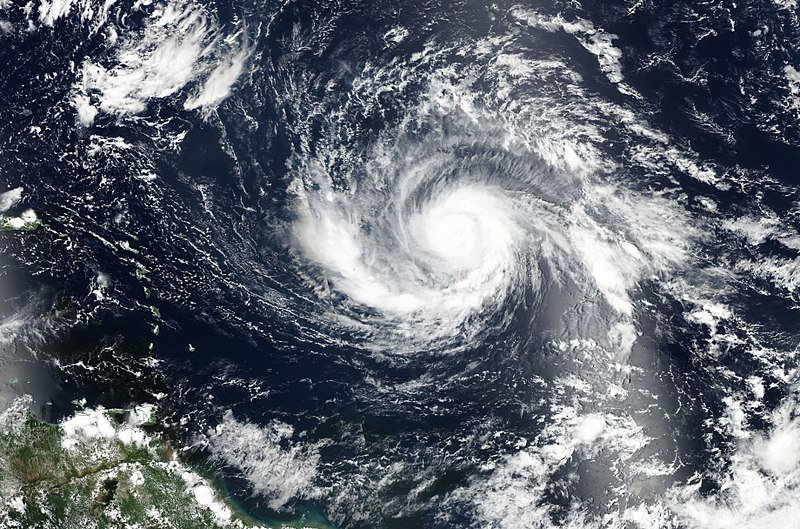Moody’s Analytics estimates that Irma will cost the U.S. economy between $64 billion and $92 billion, CNN reports. Insured losses resulting from the storm will range between $20 billion and $40 billion, the firm said.
Moody’s estimated Harvey-related costs between $86 billion and $108 billion, CNBC notes.
Harvey and Irma will likely cost a combined $150 billion to $200 billion, Moody’s chief economist Mark Zandi says, per CNN.
Hurricane Katrina cost the U.S. about $160 billion (adjusted for inflation) when that storm hit in 2005. It was the most expensive natural disaster in U.S. history. Irma’s and Harvey’s combined economic damage will likely exceed the Katrina figure.
Irma has crippled Florida’s tourism industry, turning much of the state into the kind of water park nobody wants to see. Miami and Tampa saw four feet of storm surge, and three to five feet of storm surge, along with a foot of rain, inundated Jacksonville. The extent of the damage to business operations remains largely unknown but is presumably considerable.
Meanwhile, oil refinery operations in Texas continue to reel in the wake of Harvey. About 13 percent of the United States’ refinery capacity remains offline in Texas, according to CNN.
Last Thursday, the federal government said joblessness claims rose by 62,000, to 298,000, in the days following Harvey, CNBC notes.
The two storms together could cost the U.S. between $20 billion and $30 billion in economic output, Moody’s said per CNBC. The firm has dropped its third-quarter forecast of the nation’s GDP growth by half a percentage point, to 2.5 percent.
Zandi notes that the recovery of the nation’s economy will depend on the speed with which Florida and Texas can revive their tourism and oil industries, respectively, but says he expects the rebuilding effort to provide an economic boost that will put the U.S. economy back on track by the year’s end.
“The longer-term economic impact of the storms should be nil,” said Zandi per CNN.
William Dudley, the president of the New York Federal Reserve, echoed Zandi’s analysis. While natural disasters such as Irma and Harvey disrupt industry, create scarcity and raise prices in the short-term, the rebuilding effort boosts the economy, he said per CNBC.
“The long-run effect of these disasters unfortunately is it actually lifts economic activity because you have to rebuild all the things that have been damaged by the storms,” Dudley said in a live interview with CNBC.
He added: “I would expect that by the time we get to the end of the year and early 2018, the transitory negative effects of this storm I think will be over and we actually will start to see some of the benefits of the rebuilding efforts in terms of boosting the economy.”
Recovery efforts following a natural disaster create jobs, compel the government to increase infrastructure spending, and bring other economic stimuli.
For instance, Congress and President Trump agreed last week to raise the debt limit for three months to facilitate relief efforts in the wake of the storms, and the House approved $7.85 billion aid package for Harvey relief last Tuesday, the New York Post reports.
According to Reuters, Vice President Mike Pence said Sunday that the government would use all of its resources to aid Irma victims.
While the storms’ long-term impact on the economy at large may be negligible or even positive, their financial impact on a small scale can, of course, be devastating. Irma and Harvey have destroyed homes, businesses, valuables and other crucial assets.
“Think of the wealth destruction created by these hurricanes,” said Dan North, chief economist for Euler Hermes, North America, per CNBC.
In discussing Irma relief, President Trump was quick to point out that human considerations outweigh economic ones. “Right now, we are worried about lives, not cost,” he said, per Reuters.
Irma’s death toll in the U.S. rose to 12 Monday, ABC News reports. The Associated Press reported last Thursday that Harvey has killed 70. The hardship the storms have brought is incalculable; as one small example, Irma left 2 million Floridians without power. They regained power Tuesday morning.
Featured image via Wikimedia Commons




























Comment Template